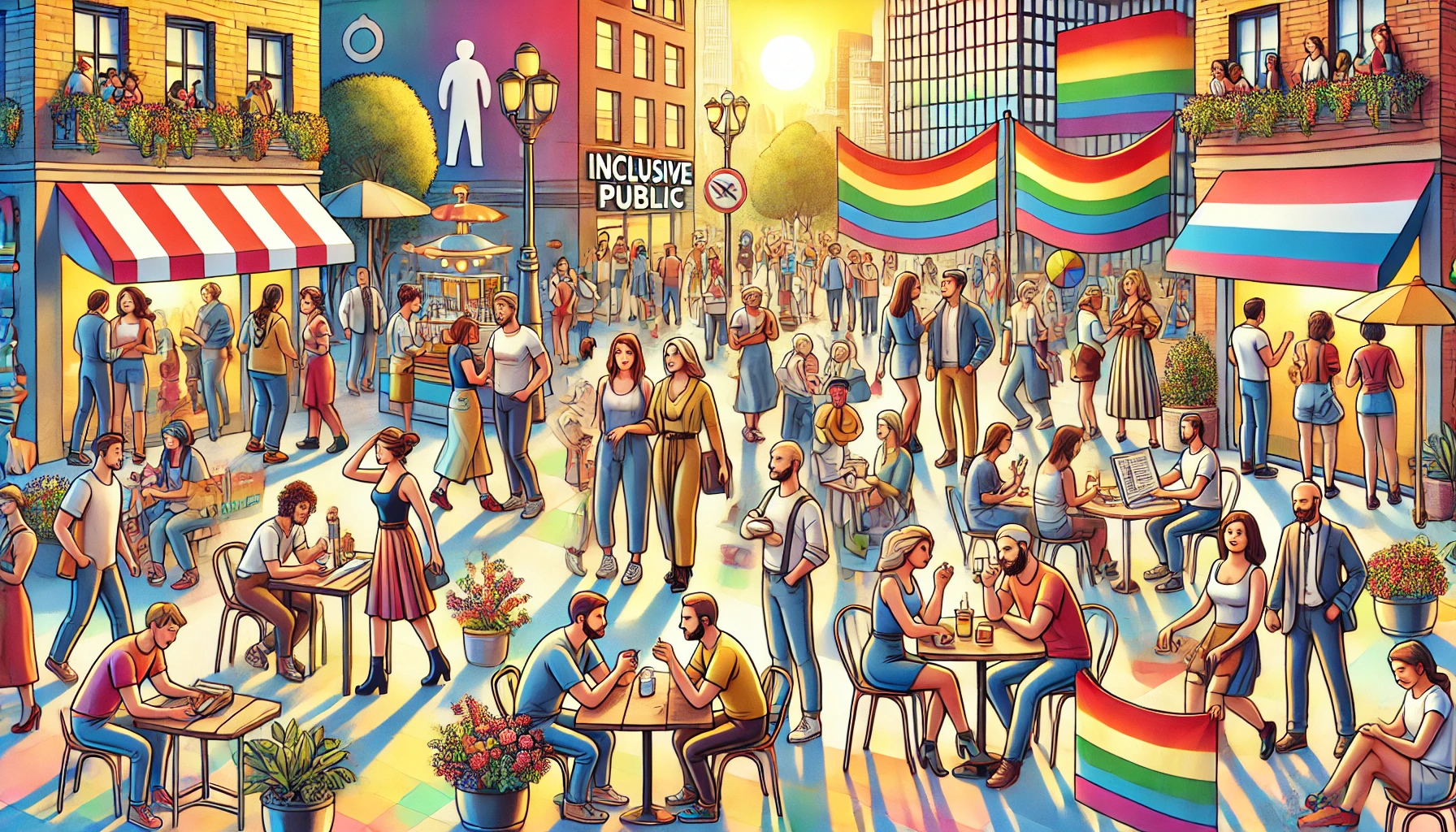Criminalization vs. Inclusion: The Global Divide on Rights for Sexual and Gender Minorities
The World Bank's 2024 report highlights the legal and policy gaps affecting sexual and gender minorities in 64 countries, emphasizing the need for decriminalization and inclusive frameworks to drive both human rights and economic growth. Countries with greater inclusion tend to experience stronger economic performance and social cohesion.

The World Bank’s 2024 report on "Equality of Opportunity for Sexual and Gender Minorities" provides an in-depth analysis of the legal and policy frameworks that influence the inclusion of sexual and gender minorities (SGM) across 64 countries. The report emphasizes that discrimination against these communities, based on sexual orientation, gender identity, and sex characteristics, hinders their ability to access opportunities for economic and social participation. The data presented in this expanded edition of the report reveals that the inclusion of sexual and gender minorities is essential not just for human rights but also for broader economic development. The report aims to bridge the gap in understanding how legal environments contribute to or undermine SGM inclusion, focusing on areas such as education, labor markets, civil rights, access to services, and protection from hate crimes.
Global Legal Frameworks Lag Behind
One of the key findings of the report is that more than half of the countries surveyed still do not have adequate legal frameworks to protect sexual and gender minorities from discrimination. In fact, around 55% of the 64 countries show low levels of legal and policy support for SGM equality. Only three countries Canada, France, and Spain are highlighted as having high levels of support for these communities, while 26 countries demonstrate moderate levels of legal inclusion. This indicates a global divide, with many countries lagging in terms of legislative reforms that can ensure equal opportunities for SGM.
Criminalization: A Barrier to Progress
A major area of concern highlighted in the report is the continued criminalization of same-sex behavior and gender expression in many parts of the world. According to the findings, 34% of the countries analyzed still criminalize individuals based on their sexual orientation or criminalize same-sex sexual activities. In some cases, laws against "cross-dressing" or public morality regulations are used to target individuals who express their gender in ways that differ from societal norms. This criminalization significantly impacts the ability of SGM to live freely and participate fully in their communities. In total, about 1.3 billion people live in countries where some form of SGM behavior or identity is criminalized. The report stresses that decriminalization is a crucial step toward reducing violence and fostering inclusive economic development, as it allows individuals to access education, healthcare, and employment without fear of legal repercussions.
Discrimination in Education and Employment
The findings also show that discrimination in education is a significant barrier for SGM, with only 31% of the countries surveyed explicitly prohibiting discrimination in educational settings. Discrimination, bullying, and harassment often lead to lower educational outcomes for SGM students, which in turn affects their future economic opportunities. Similarly, only a limited number of countries have laws in place to address workplace discrimination. The report finds that 44% of the countries analyzed prohibit discrimination in employment based on sexual orientation or gender identity. However, even in countries where such laws exist, mechanisms for reporting and investigating workplace discrimination are often inadequate.
Challenges in Accessing Services and Social Protection
Access to services and social protection is another critical area where SGM face significant challenges. Discrimination in healthcare, housing, and social services further marginalizes these groups, limiting their ability to thrive economically and socially. Only 9 of the 64 countries surveyed offer comprehensive legal protections that ensure non-discriminatory access to healthcare, housing, and social protection services for SGM. The lack of data collection on the number and experiences of sexual and gender minorities also poses a challenge to policy-making. Only 10 countries in the survey include SGM data in their national censuses, making it difficult to design targeted policies that address their specific needs.
Inclusion: A Path to Economic Growth
The report concludes that the exclusion of SGM from legal and economic opportunities is not only a violation of human rights but also a barrier to economic growth. There is a statistically significant positive correlation between countries with higher levels of inclusion for SGM and stronger economic performance. Countries that embrace SGM inclusion tend to experience higher levels of human capital development, productivity, and social cohesion. As such, the World Bank calls for countries to adopt inclusive legal frameworks, decriminalize same-sex behavior, protect against hate crimes, and ensure equal access to education, healthcare, and employment for sexual and gender minorities. These measures, the report argues, will not only improve the lives of SGM but also contribute to more resilient and prosperous societies.
- READ MORE ON:
- sexual and gender minorities
- SGM
- same-sex behavior
- FIRST PUBLISHED IN:
- Devdiscourse










